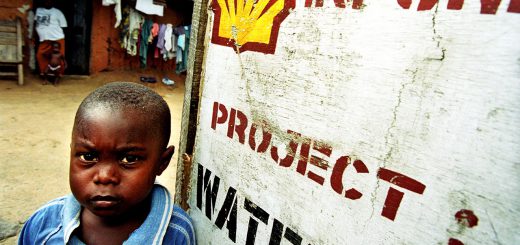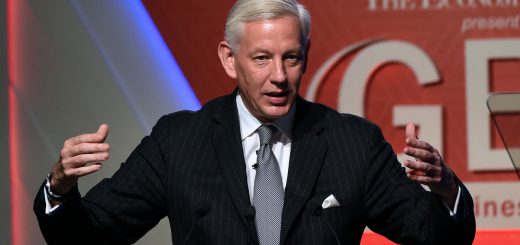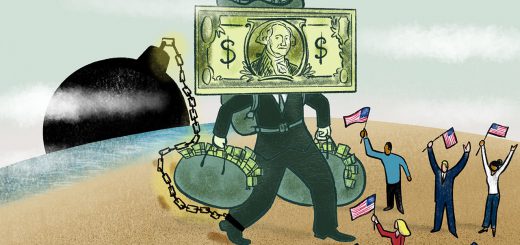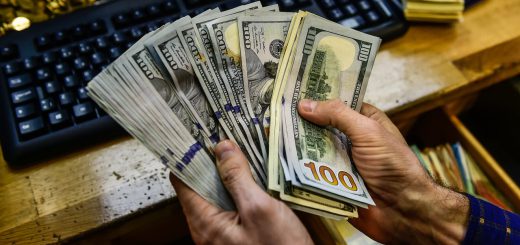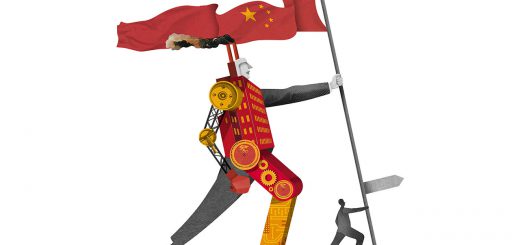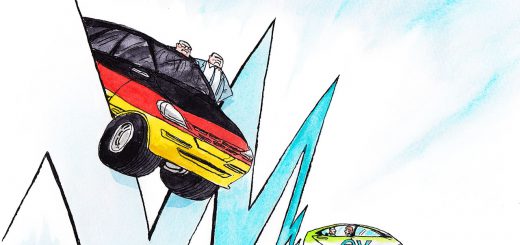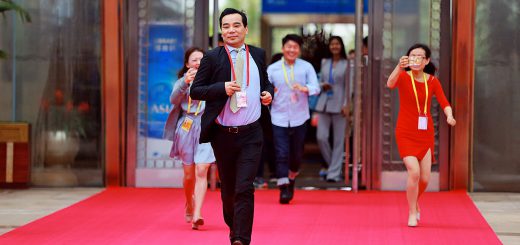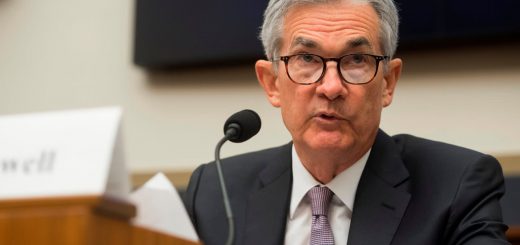Digital money has made it harder to tip the hotel housemaid
Last summer, Uber at last started allowing its customers to tip their drivers. There was nothing actually preventing them from tipping before. At the end of the ride a passenger could have pulled out his wallet, fished around for change and handed the driver a few dollars. But it would have seemed absurd to do so, when everything else about the transaction was handled through a few taps of the app. The app didn’t enable tipping, so riders didn’t tip.
All of this highlights the conundrum for hotel housekeepers. Increasingly, people book hotel rooms through their computers or phones. They pay, and often pre-pay, with their credit cards. They get around town with app-based ride-hailing. There’s a good chance they don’t even carry cash. And yet to tip the housekeeper—or the bellhop or concierge—there’s no option but cash.
It is probably no coincidence, then, that tips are tight for housekeepers. According to the New York Times, fewer than…



